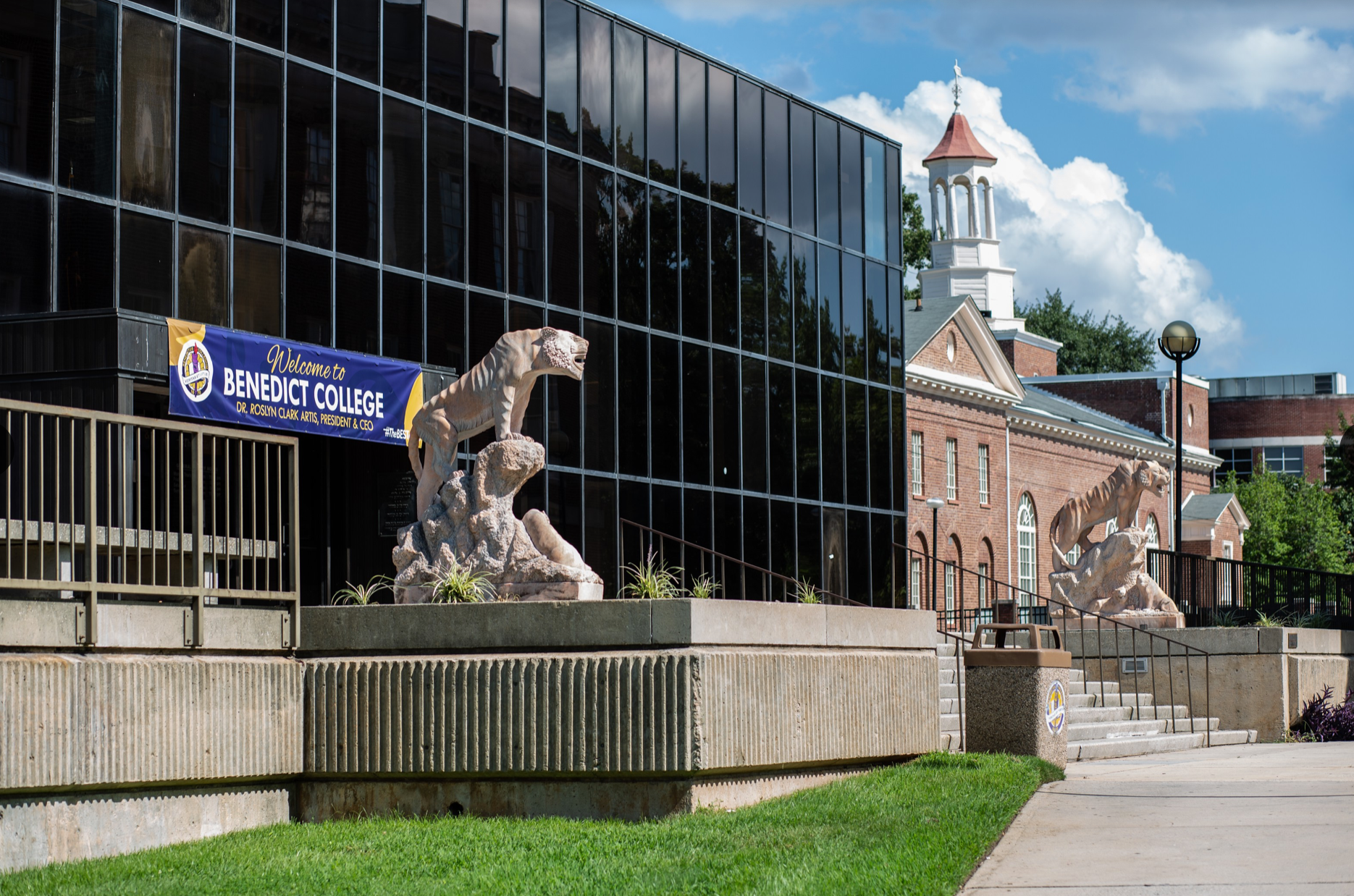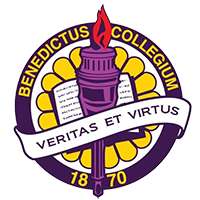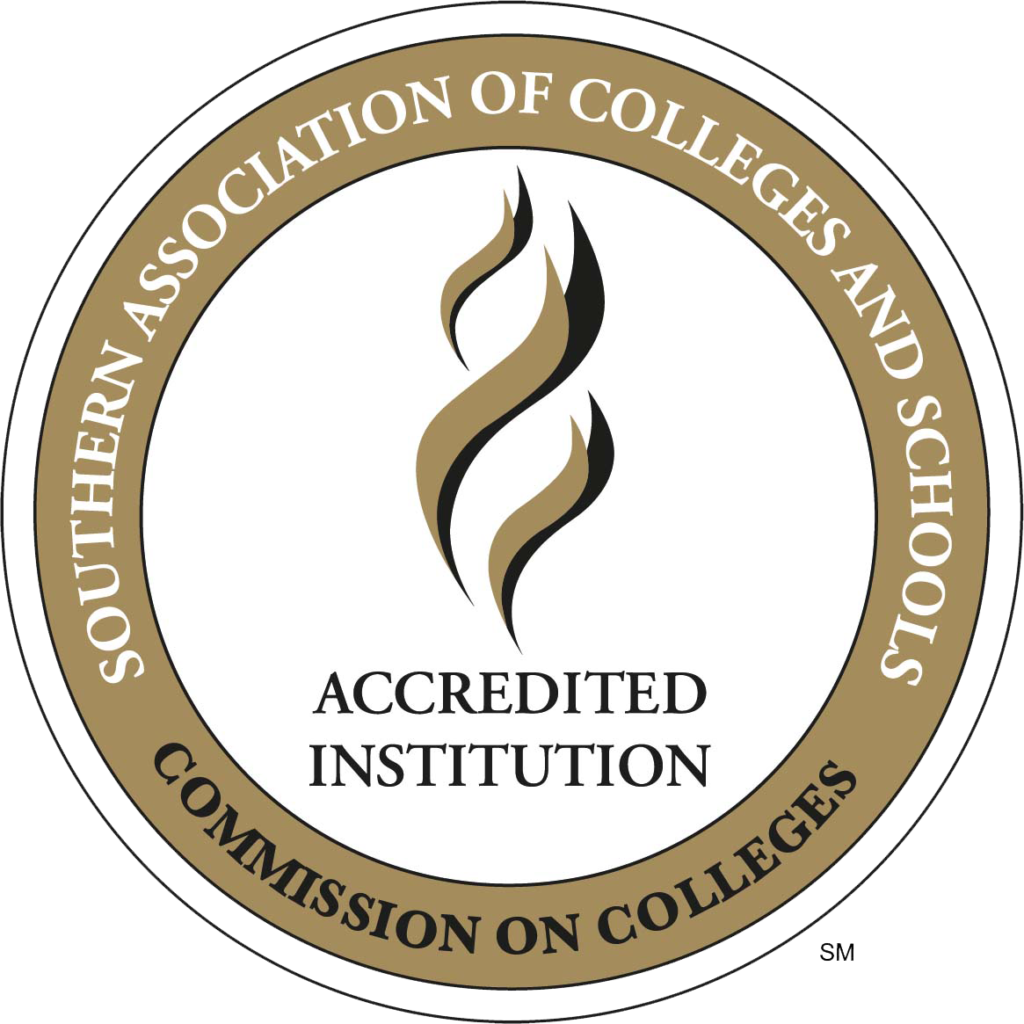The College will use the grant to launch a new pilot program titled Connecting Minority and Innovation Initiative
Columbia, SC – February 6, 2023, Benedict College announced today the school received $2,893,457 in funding from the National Telecommunications and Information Administration for the implementation of a pilot program titled Connecting Minority Communities and Innovations Initiative. The initial program implementation will span over a two-year period.
Since the onset of COVID-19, the landscape of higher education in the United States has been altered, particularly among private Historically Black Colleges and Universities (HBCUs) such as Benedict College. There are millions of Americans affected by the digital divide. Statistics indicate those who live below or at the poverty level in South Carolina (324,623 people) technologically lag behind other socioeconomic groups. It was found that 40% of these individuals do not have internet access, while in Richland County, where Benedict College is located, 31.2% are also not connected.
“The coronavirus exacerbated digital inequities and revealed significant challenges in the African American community in particular, said Dr. Roslyn Clark Artis, President and CEO of Benedict. “In 2020, we saw firsthand how the lack of broadband access affected our students, faculty, staff, and community. Our goal is to narrow the digital divide for low-income students at Benedict College and those adults and students surrounding the campus.”
“High-speed internet service is going to create opportunities, increase productivity, and improve lives, particularly in communities that have too often been left behind,” said Deputy Secretary of Commerce Graves. “At the Commerce Department, we’re committed to seeing investments from initiatives like the Connecting Minority Communities program create opportunities for good jobs supported by equitable hiring, fair compensation, safe workplaces, and the tools and training needed for long-term success.”
“We will employ IT improvements to the broadband infrastructure on campus, develop a Community Learning Center for the surrounding community and implement a Loan Device Program for laptop computers with hot spots,” said Dr. Leon Geter, Director of the Center for Cybersecurity, Chair of the Criminal Justice, Arts, and Social Sciences Department and the lead Principal Investigator for this grant.
“The Internet is essential for access to work, to education, to healthcare, and to justice,” said Assistant Secretary of Commerce for Communications and Information Alan Davidson. “Our Connecting Minority Communities program is about equipping students and the surrounding communities with the skills, the devices, and the capacity needed to reap the full benefits of our digital economy.”
The Connecting Minority Communities program is part of the Biden-Harris Administration’s Internet for All initiative that will connect everyone in America with affordable, reliable high-speed Internet service. This program specifically directs $268 million from the Consolidated Appropriations Act of 2021 for expanding high-speed Internet access and connectivity to eligible Historically Black Colleges or Universities (HBCUs), Tribal Colleges or Universities (TCUs), and Minority-serving institutions (MSIs)
###
About Benedict College (benedict.edu)
Founded in 1870 by a woman, Bathsheba A. Benedict, Benedict College is a private co-educational liberal arts institution, offering 26 competitive baccalaureate degree programs. The Midlands HBCU welcomes students from all 46 counties in South Carolina, 30 states across America, and 26 countries around the world.
Benedict offers several high-demand fields of study in STEM, Cyber Security, Mass Communication, Sport Management, Business Administration, Engineering, Computer Science, Biology, and Education. The College also has a diverse faculty and importantly, 80 percent of courses are taught by full-time faculty.
There are over 18,000 proud Benedict Tigers throughout the nation. Benedict College has been a community leader for over 150-years and is a significant contributor to South Carolina and the region. Contributing $130 million and 1,218 jobs in total local and annual economic impact, a Benedict graduate working full-time throughout his or her working life can expect to earn $1.1 million in additional income because of their Benedict College degree.
Benedict College has been highly regarded and exceptionally ranked for its programs by several academic and traditional publications. For example, Benedict College was ranked as one of the top baccalaureate colleges in the nation by Washington Monthly magazine for creating social mobility and producing cutting-edge scholarship and research. In 2019, Benedict College received the 2019 ACE/ Fidelity Investments Awards for Institutional Transformation and was named the HBCU of the Year by HBCU Digest. Benedict College was listed among the top half of ranked HBCUs in the 2022 edition of Best Colleges by US News and World Report.
Benedict College is accredited by the Southern Association of Colleges and Schools Commission on Colleges to award baccalaureate and master’s degrees. Six of the College’s degree programs hold national accreditation: The School of Education, Social Work Program, Environmental Health Science Program, Environmental Engineering Program, Studio Art Program, and the Tyrone Adam Burroughs School of Business and Entrepreneurship
About the National Telecommunications and Information Administration
The National Telecommunications and Information Administration (NTIA), part of the U.S. Department of Commerce, is the Executive Branch agency that advises the President on telecommunications and information policy issues. NTIA’s programs and policymaking focus largely on expanding broadband Internet access and adoption in America, expanding the use of spectrum by all users, advancing public safety communications, and ensuring that the Internet remains an engine for innovation and economic growth.




